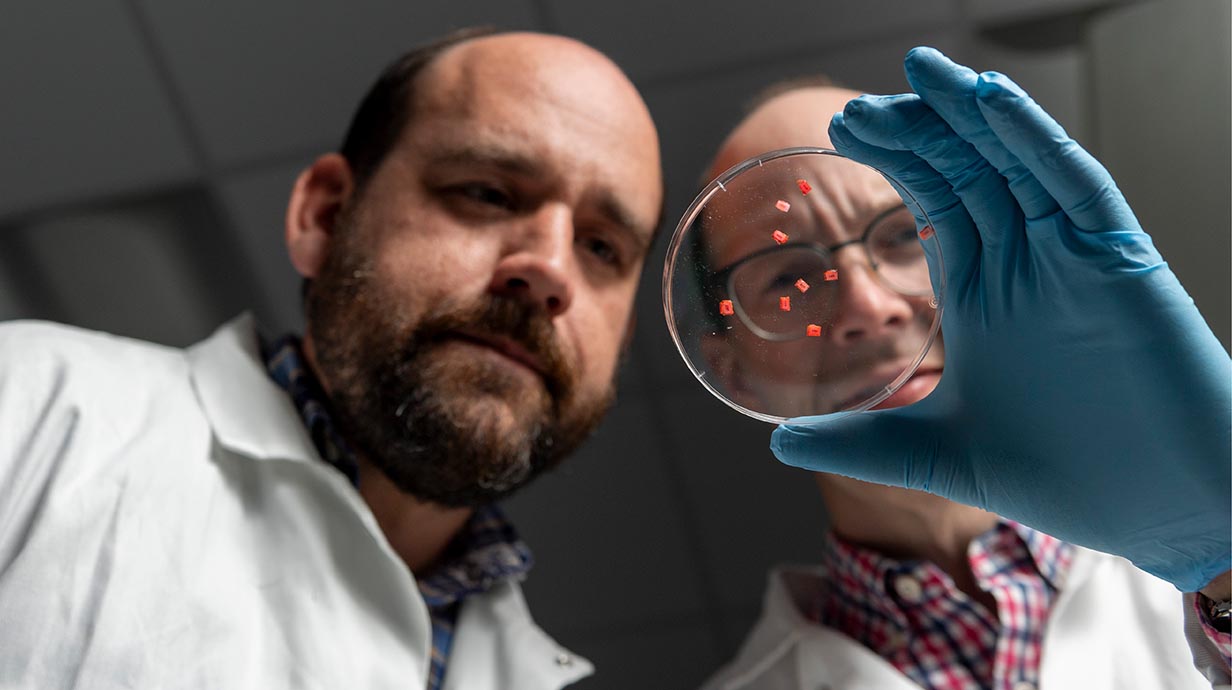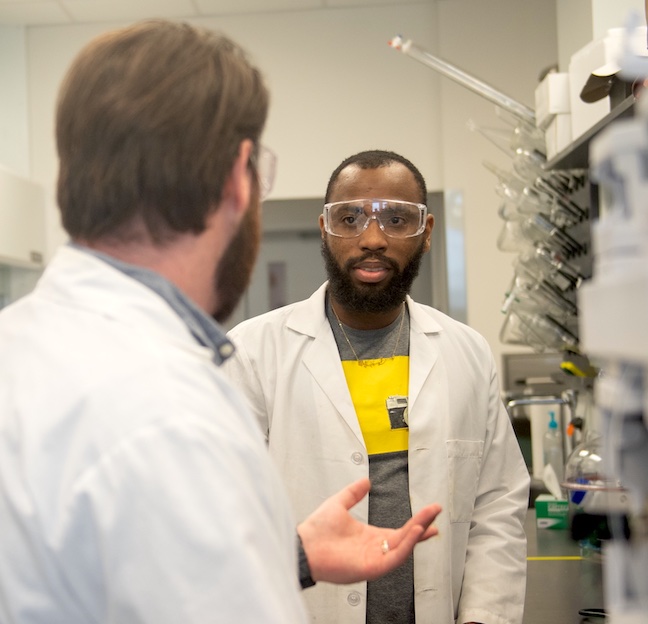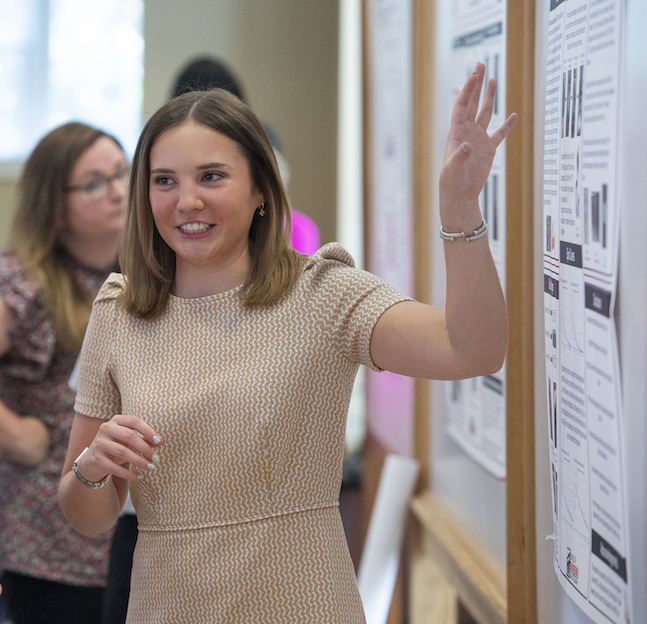Biomedical Engineering, B.S.
Combine the design and problem-solving skills of engineering with medical and biological sciences to advance healthcare treatment

"I would like to become a doctor. But, having a biomedical engineering degree allows me the freedom to also go into manufacturing medical devices or work in research and technology."
Piper Lind
Biomedical engineering major from Biloxi, MS
About the Bachelor of Science in Biomedical Engineering
Biomedical engineers do a lot of different things that fall under the umbrella of biomedicine – everything from creating new medical devices to developing next-generation pharmaceuticals.
With a biomedical engineering degree from Ole Miss, you can pursue a job in the biomedical industry or graduate studies in the field. Also, you’ll be well-placed to seek a professional career in medicine, dentistry, pharmacy or patent law.
Tailor Your Degree
Choose one of these academic tracks in our biomedical engineering program.
- Biodevices – provides you with an understanding of medical instrumentation, devices and biomechanics. You’ll also learn about signal analysis, using technology and other tools to better understand a person’s health.
- Bioinformatics – applies big data analytics to genome sequencing, medical imaging and large data management. This degree can start you down the path for a career in computational medical research, software development or database management.
- Biomolecular engineering – brings together the study of molecular biology, biophysics and chemical engineering to modify or create new molecules. This can lead you to a job working on innovative drugs and medical processes, as well as new foods and fuels.
- Pre-med – combines courses in biology and chemistry with the rigor of an engineering curricula. This sets you up for success in medical school and future medical endeavors.
On this Page…
Program Information
Degree
B.S.B.E. in Biomedical Engineering
Emphases
Biodevices, Bioinformatics, Biomolecular engineering, Pre-med
Required Credit Hours
126
Program Type
Major
Program Location
School
Duration
4 years
Beyond the classroom

Co-ops and internships
Work for a semester or the summer in a company or lab to see what biomedical engineers do.

Research
Help our professors in their research efforts – looking into the origins of heart disease, new treatments for breast cancer, drug delivery mechanisms for depression, and more.

Student organizations
Find your place in one of our student organizations and learn more about your field in the Biomedical Engineering Society.
Next Steps
Explore Affordability
We have a variety of scholarships and financial aid options to help make college more affordable for you and your family.
Apply to the University of Mississippi
Are you ready to take the next step toward building your legacy?
